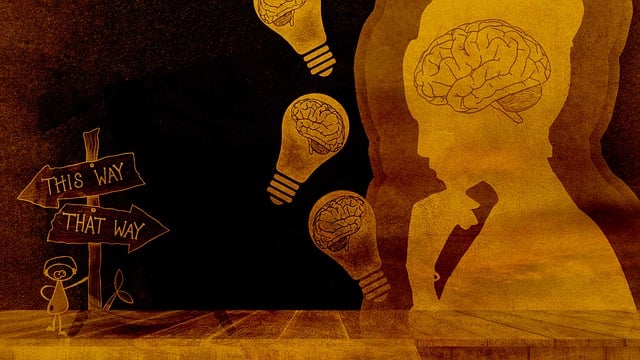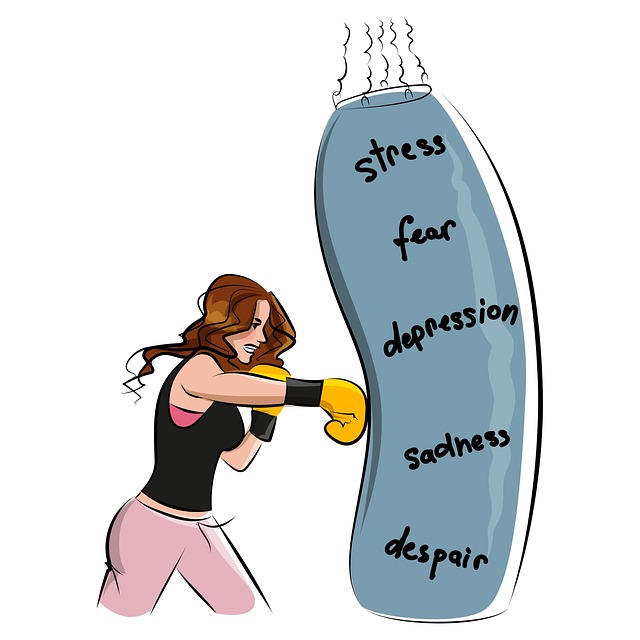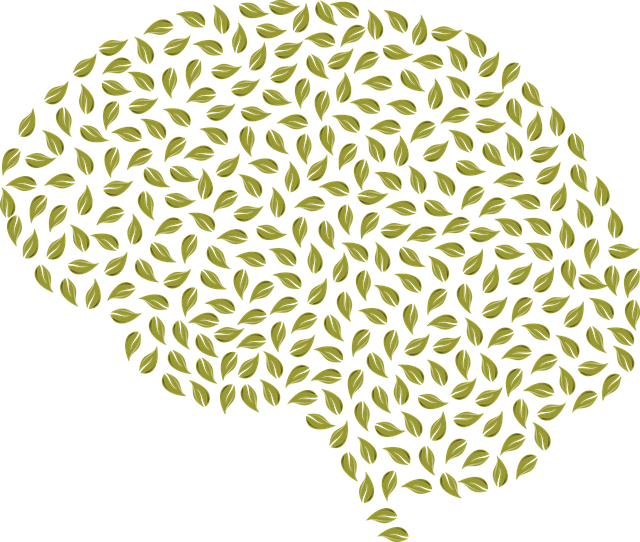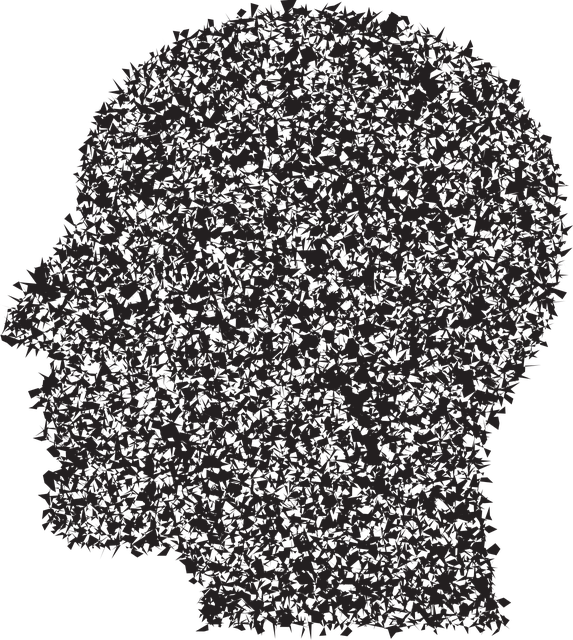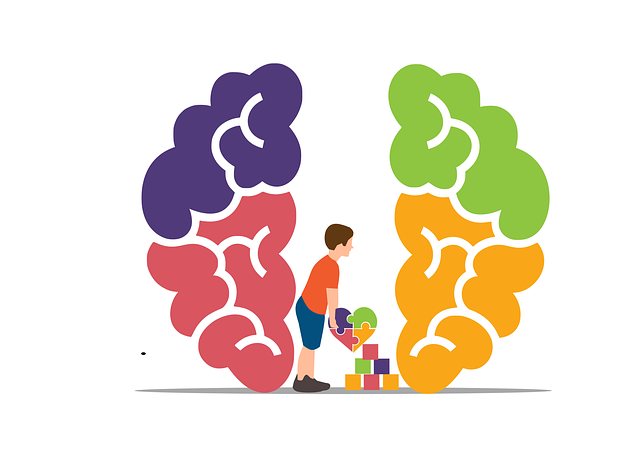Understanding mental health disorders, including Boulder Adjustment Disorder (BAD), is key to developing effective education programs. By integrating diverse therapeutic models like BAD Therapy and engaging methods like the Mental Wellness Podcast Series, educators can combat myths, promote empathy, and offer personalized support for conditions like anxiety, depression, and BAD. Culturally competent training ensures trust and improved outcomes, while structured curricula adjusted for local contexts create safe learning environments that enhance emotional well-being.
Mental health education programs play a pivotal role in fostering well-being and resilience. This article guides you through designing comprehensive initiatives, focusing on key aspects such as understanding mental health disorders, including a deep dive into Boulder Adjustment Disorder therapy models. We explore effective program structures, essential implementation strategies, and support systems to ensure success. By integrating these insights, educational institutions can empower students with the knowledge and skills needed for robust mental wellness.
- Understanding Mental Health Disorders: A Comprehensive Overview
- Identifying and Addressing Boulder Adjustment Disorder
- Program Structure: Effective Therapy Models and Techniques
- Implementation and Support: Ensuring Success in Education Programs
Understanding Mental Health Disorders: A Comprehensive Overview

Understanding Mental Health Disorders is a foundational step in designing effective education programs. It involves recognizing that mental health is a spectrum, encompassing various conditions such as anxiety disorders, depression, schizophrenia, and Boulder Adjustment Disorder Therapy (BADT). Each disorder has unique symptoms and requires tailored interventions. A comprehensive overview should include the causes, risk factors, and most recent research insights for each condition, enabling educators to provide accurate information.
By delving into these complexities, education programs can foster public awareness campaigns that dispel myths and promote empathy. They can also emphasize the importance of early intervention and support strategies like Inner Strength Development, which equips individuals with coping mechanisms. Moreover, understanding mental health disorders allows for the design of stress management techniques that cater to diverse needs, ensuring a holistic approach to well-being.
Identifying and Addressing Boulder Adjustment Disorder

Boulder Adjustment Disorder (BAD) is a common mental health challenge that can significantly impact individuals’ ability to cope with significant life changes or traumatic events. This disorder, characterized by intense emotional distress and adjustment difficulties, often manifests as symptoms like severe anxiety, depression, and even suicidal ideation. Identifying BAD early is crucial for effective therapy, which typically involves a combination of cognitive-behavioral therapy (CBT), mindfulness meditation techniques, and other evidence-based practices.
Mental wellness coaching programs can play a pivotal role in BAD therapy by providing personalized support tailored to each individual’s unique needs. Through the development of comprehensive mental health awareness initiatives, coaches help clients navigate their emotions, build resilience, and develop effective coping strategies. By integrating mindfulness meditation into these programs, individuals learn to stay grounded, reduce stress, and foster a deeper sense of emotional balance—all essential components for managing and overcoming BAD.
Program Structure: Effective Therapy Models and Techniques

An effective mental health education program should incorporate a structured approach that integrates various therapeutic models and techniques. One such proven method is Boulder Adjustment Disorder Therapy (BADT), which focuses on helping individuals manage stress, anxiety, and other common mental health challenges by teaching practical coping strategies and promoting emotional regulation. This evidence-based practice can be tailored to diverse populations, making it ideal for inclusive learning environments.
Complementing BADT, the Mental Wellness Podcast Series Production offers an engaging way to deliver mental health content. By creating accessible audio resources, programs can reach a wider audience, including those who prefer alternative learning methods. Furthermore, Healthcare Provider Cultural Competency Training is crucial in ensuring that educators and practitioners understand the diverse needs of their clients. This training equips them with the skills to address cultural nuances, fostering an environment of trust and understanding, which is essential for effective therapy and education.
Implementation and Support: Ensuring Success in Education Programs

Implementing a mental health education program requires careful planning and ongoing support to ensure its success and sustainability. One key aspect is adjusting the curriculum to fit the local context, taking into consideration cultural sensitivity in mental healthcare practice. This involves understanding the specific needs and challenges faced by the community, including addressing any unique risk factors or Boulder Adjustment Disorder Therapy requirements. By incorporating culturally responsive practices, the program can better connect with participants and enhance engagement.
Additionally, establishing robust support systems for both educators and learners is vital. This includes providing ongoing professional development opportunities, especially in risk management planning for mental health professionals. Effective risk mitigation strategies ensure that educators are equipped to handle potential challenges while fostering a safe learning environment. Emphasizing emotional well-being promotion techniques can further contribute to the overall success of the program, creating a positive impact on participants’ mental health and resilience.
Mental health education programs play a pivotal role in fostering awareness and providing support for individuals dealing with various challenges, particularly Boulder Adjustment Disorder. By integrating comprehensive knowledge from understanding mental health disorders and leveraging effective therapy models, these programs can significantly impact positive outcomes. As discussed, identifying and addressing specific issues like Boulder Adjustment Disorder requires tailored strategies. Through proper implementation and ongoing support, education initiatives become powerful tools in empowering individuals to manage their mental well-being effectively.




